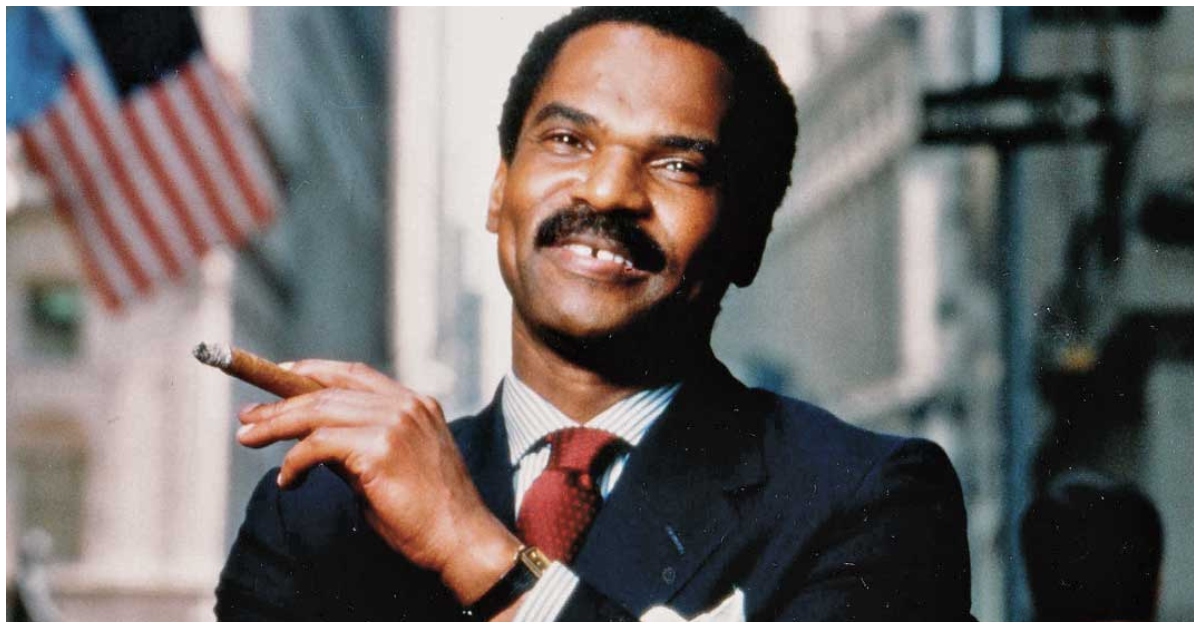Early Years and Entrepreneurial Drive
BALTIMORE — Reginald F. Lewis was born on December 7, 1942 in East Baltimore. From an early age, Lewis exhibited remarkable business acumen and drive.
At just 10 years old, he had set up his own delivery service distributing newspapers to over 100 customers. This early entrepreneurial success demonstrated Lewis’ innate ability to identify and capitalize on opportunities.
Lewis attended Dunbar High School in West Baltimore, where he excelled as a three-sport all-star athlete in football, basketball and baseball. After graduating high school in 1961, Lewis attended Virginia State University on a football scholarship.
However, a pivotal injury after his first year forced Lewis to refocus his energy on academics. He graduated with a degree in Economics in 1965.
Breaking Barriers at Harvard Law
In 1965, Lewis made history by becoming the first person admitted to Harvard Law School without formally applying. His outstanding performance in a Rockefeller Foundation summer program for African Americans caught the attention of Harvard, leading to the unprecedented invitation to attend that fall.
Lewis graduated from Harvard Law School with his Juris Doctor degree in 1968. He went on to work at the prestigious law firm Paul, Weiss, Rifkind, Wharton & Garrison, specializing in corporate law.
In a pioneering move, Lewis left his corporate law career in 1973 to establish Wallace, Murphy, Thorpe, and Lewis – the first Black American law firm on Wall Street. This bold step displayed Lewis’ determination to break barriers in the legal and business worlds.
Trailblazing Success in Business
In 1983, Lewis founded The Lewis Company (TLC) Group LBO firm, venturing into private equity. His first major triumph was the $23 million takeover of McCall Pattern Company which he quickly transformed and sold for $63 million.
Lewis’ biggest success came in 1987 with his record-breaking $985 million acquisition of Beatrice International Foods. The deal was the largest offshore leveraged buyout by an American company at that time. The resulting conglomerate, TLC Beatrice International Holdings Inc., comprised of 64 companies across 31 countries generating over $1 billion in annual sales.
With this monumental deal, Reginald F. Lewis made history as the first African American to build a billion-dollar business empire. TLC Beatrice cemented his status as a visionary business leader.
Commitment to Philanthropy
Aside from his groundbreaking success in business, Lewis was also a generous philanthropist. In 1987, he established the Reginald F. Lewis Foundation which has contributed over $30 million in grants to various educational causes over the years.
Notably, Lewis donated $1 million to Howard University in 1987. And in 1992, he made a $3 million donation to Harvard Law School – the largest grant in the school’s history at that time. This contribution funded the construction of the Reginald F. Lewis International Law Center, the first building at Harvard named after an African American.
Lasting Legacy
Reginald F. Lewis passed away in 1993 at the age of 50, leaving behind an enduring legacy as a transformative business pioneer and philanthropist. His trailblazing success as the first Black American billionaire continues to inspire future generations.
Lewis’ legacy lives on through various institutions bearing his name, including the Reginald F. Lewis Museum of Maryland African American History and Culture in his hometown of Baltimore. His remarkable life story also lives on through films and documentaries capturing his barrier-breaking journey.
Over three decades since his passing, Reginald F. Lewis remains one of the most influential African American business leaders of all time.
His determination in the face of adversity and his bold, innovative spirit serve as an inspiration to entrepreneurs across all backgrounds. Lewis’ life embodied the power of vision and the limitless possibilities that come from breaking barriers.





